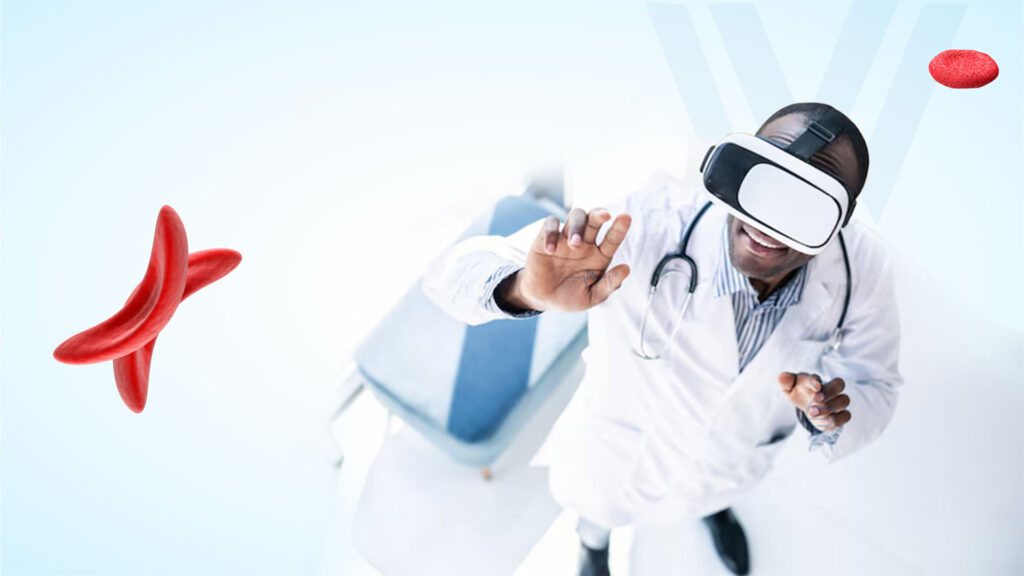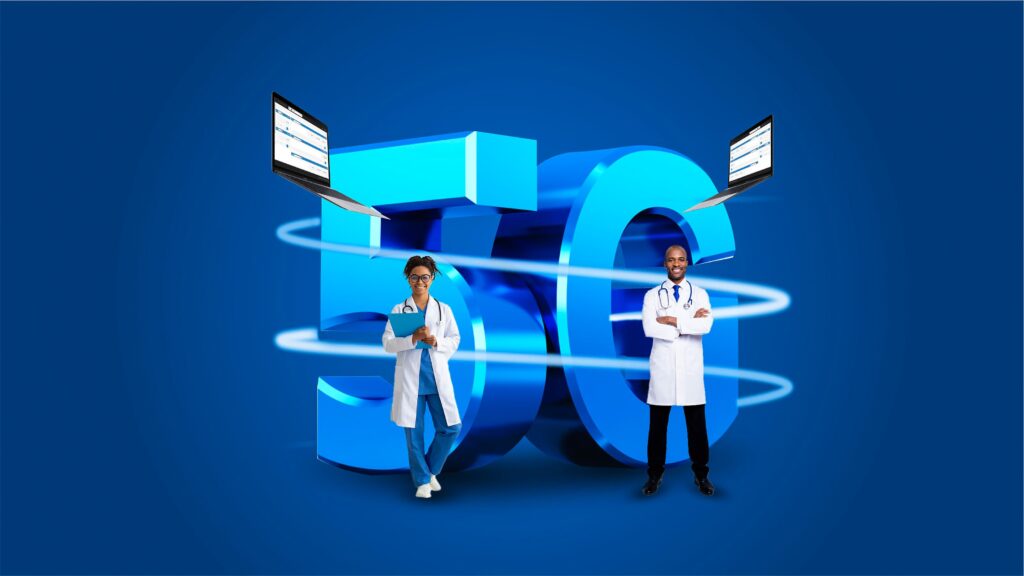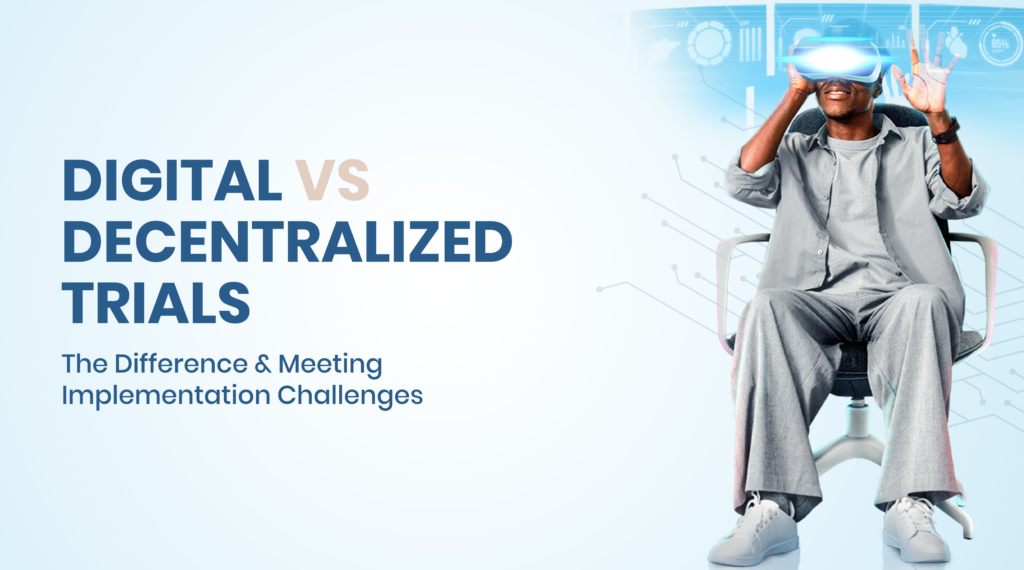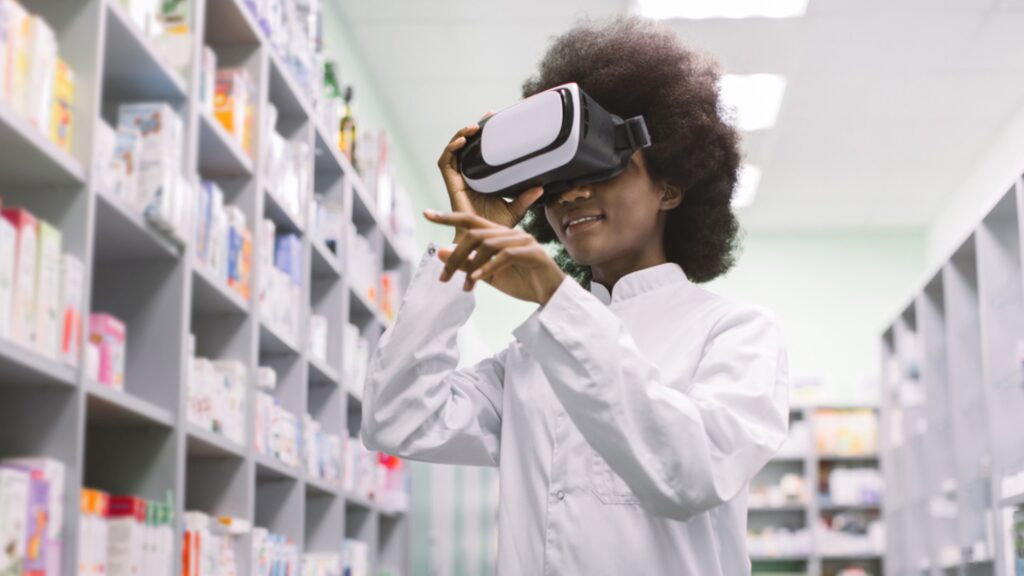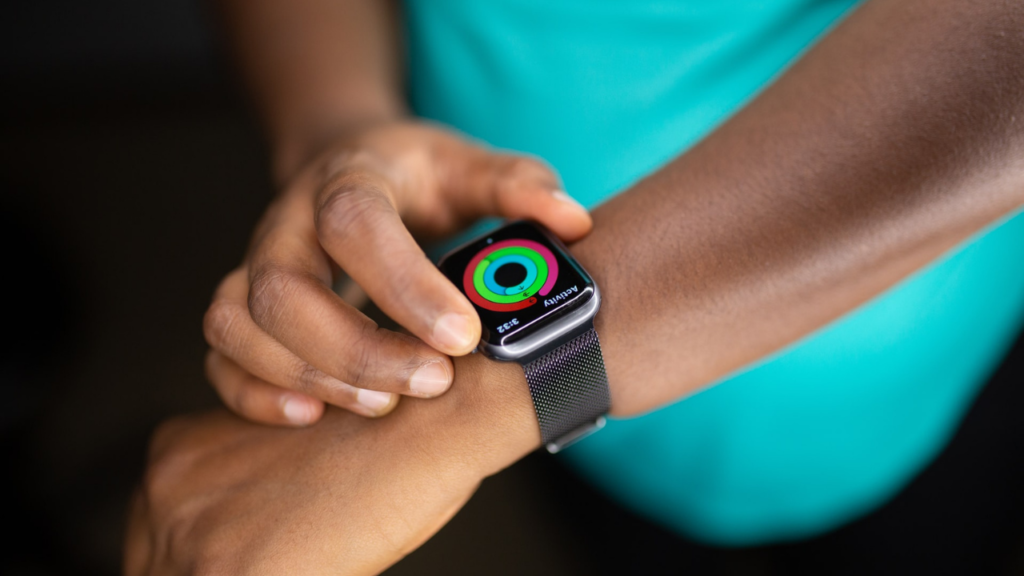Transforming Sickle Cell Disease Management: The Impact of Digital Health
In recent years, the healthcare landscape has undergone a profound transformation, fueled by advancements in digital technology. One area where this transformation is particularly significant is in the management of Sickle Cell Disease (SCD), a genetic blood disorder affecting millions worldwide. In this blog post, we’ll delve into how digital healthcare innovations are revolutionizing SCD […]
Transforming Sickle Cell Disease Management: The Impact of Digital Health Read More »
